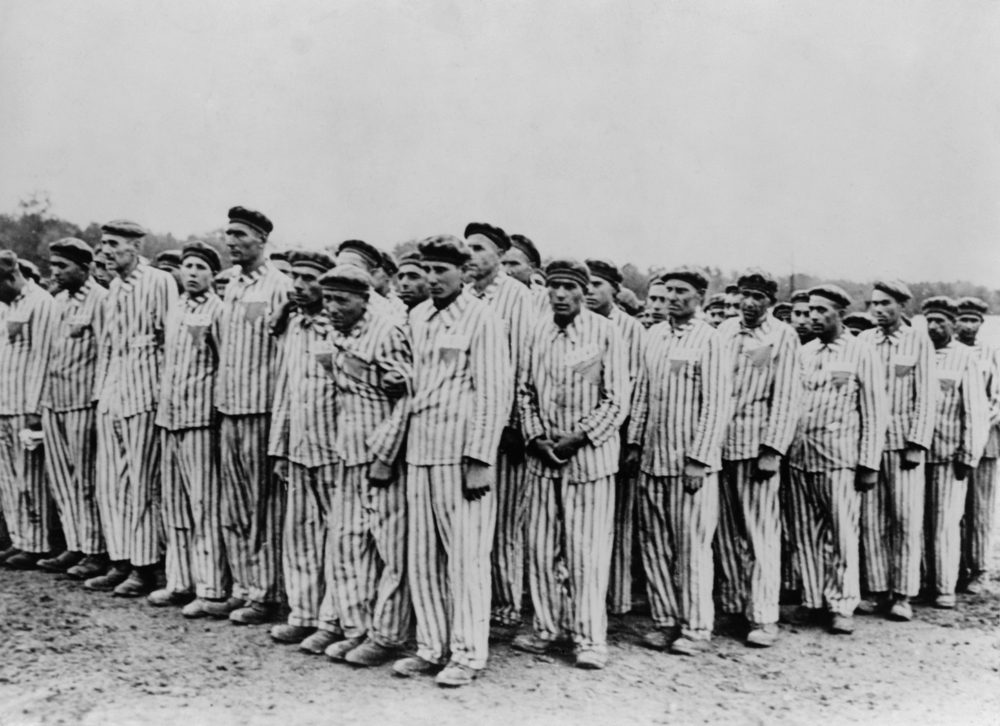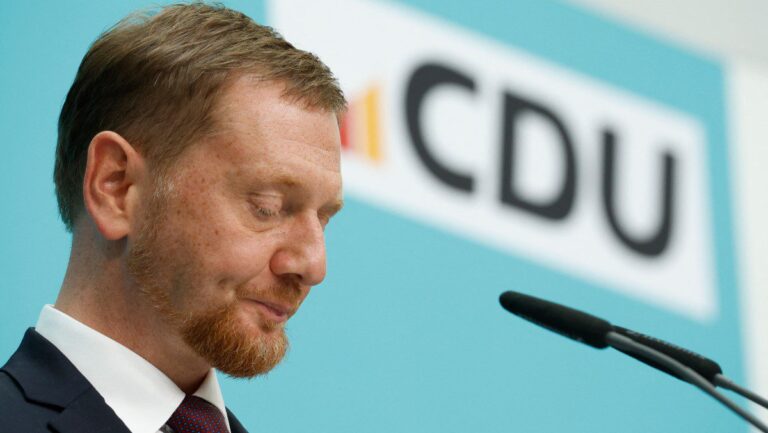Nearly a quarter of young people in the Netherlands believe the Holocaust is a “myth” or has been “greatly exaggerated,” according to a new study.
Today marks International Holocaust Remembrance Day, with January 27th having been chosen in order to commemorate the liberation of the Auschwitz concentration camp by the Red Army in 1945. Well over half a century on, an increasing number of people across Europe doubt what has long been commonly accepted as facts regarding Nazi butchery. A new study suggests this is particularly true in the Netherlands.
The findings, released this week by the Conference on Jewish Material Claims Against Germany (Claims Conference), suggest that 12% of Dutch people believe the Holocaust was a “myth” or that “the number of Jews killed has been greatly exaggerated.” This figure is higher than those produced by Claims Conference’s recent studies in other countries, including France, Austria, and the UK.
Dutch young people are even more sceptical of the historical narrative than their older counterparts, the survey suggests. Claims Conference reported that “nearly one-quarter (23%) believe the Holocaust is a myth or the number of Jews killed has been greatly exaggerated, while 12% are unsure.”
The Claims Conference's Netherlands Holocaust Knowledge and Awareness Survey, released today, found the numbers regarding Holocaust denial and distortion were, sadly, higher than in our previous countries surveyed #HolocaustEducation The complete study https://t.co/qAdfacY0M8 pic.twitter.com/orGnOB6IOt
— Claims Conference (@ClaimsCon) January 25, 2023
The Schoen Cooperman Research, a Washington-based strategic research consulting firm that worked on the survey, said the findings reinforce “the need for increased education in order to combat pervasive Holocaust denial and distortion.” A lack of “Holocaust education” was cited by many close to the study as a factor in the increase of Holocaust denial. Eddo Verdoner, who works for the Dutch government as its national coordinator on combating antisemitism, pointed to “a growing gap in knowledge and awareness.”
Other studies have pointed to such gaps across Europe on even the most basic facts relating to World War II, as well as to wider national history. In Britain, for example, where writer and journalist Peter Hitchens recently published a book on the country’s ruined education system, various reports have suggested that almost one-third of adults are unaware that the Blitz—one of the most renowned events in British history—took place during the Second World War, and that future generations will not recognise wartime leader Sir Winston Churchill, one of history’s most iconic figures, by 2090.
Three years after he apologised on behalf of his country’s government for its failure to protect Jewish people during World War II, Dutch Prime Minister Mark Rutte described the findings in this new survey as “shocking.” He told ANP: “We can debate everything, but it is important that we at least agree on the facts.”
The Claims Conference survey involved 2,000 interviews with adults aged 18 and over and was conducted in December 2022.





